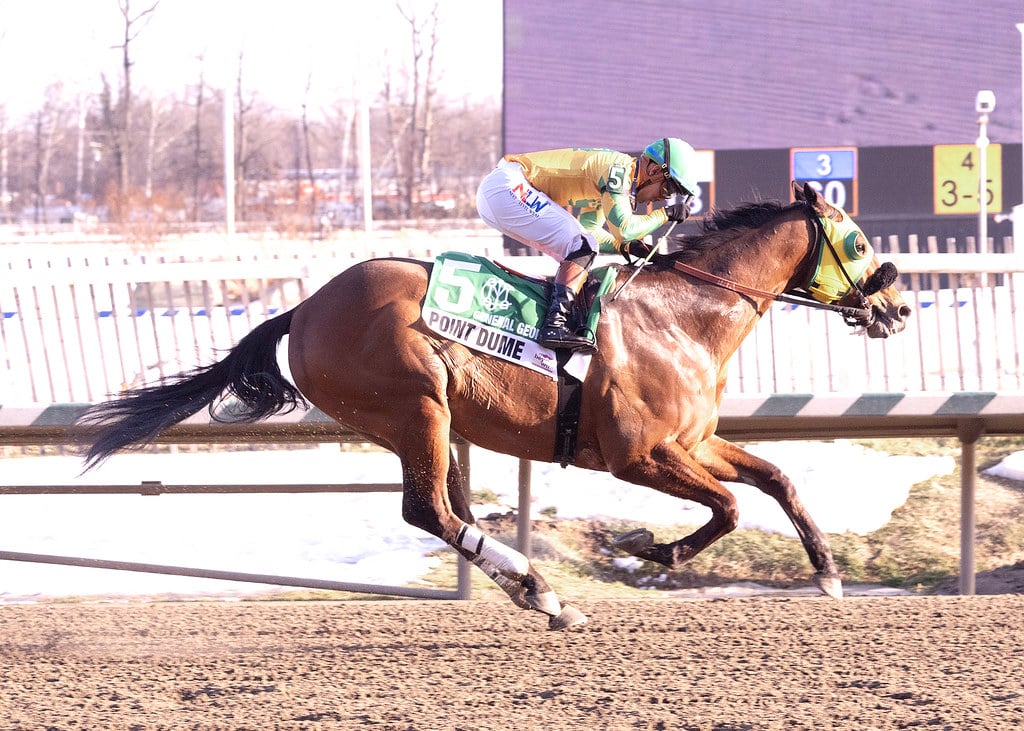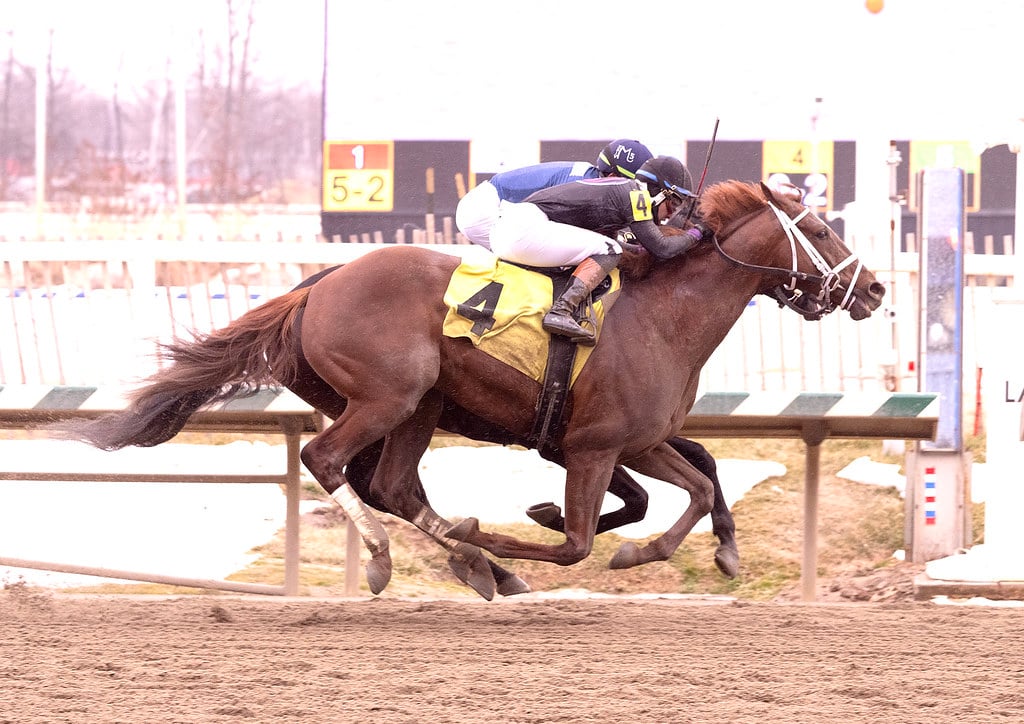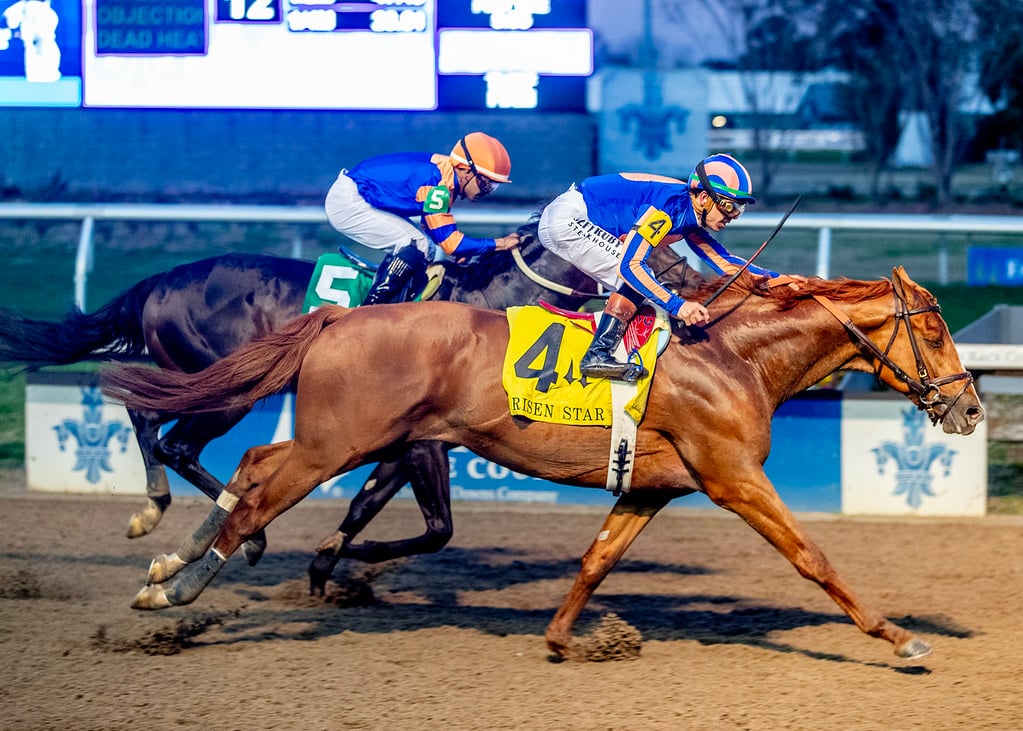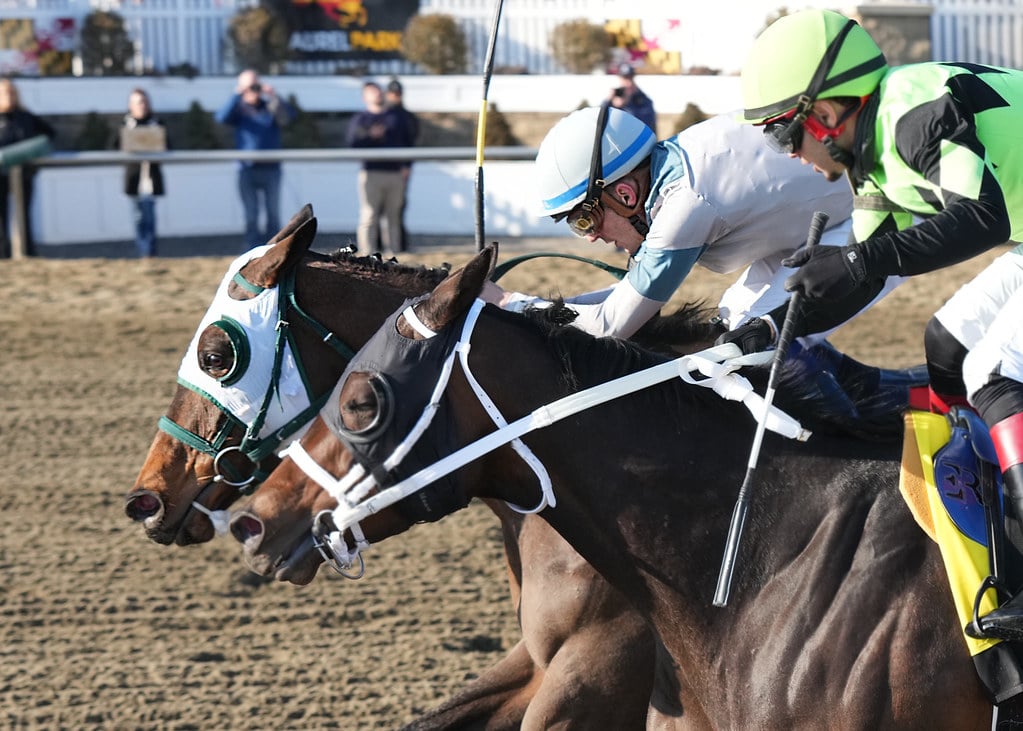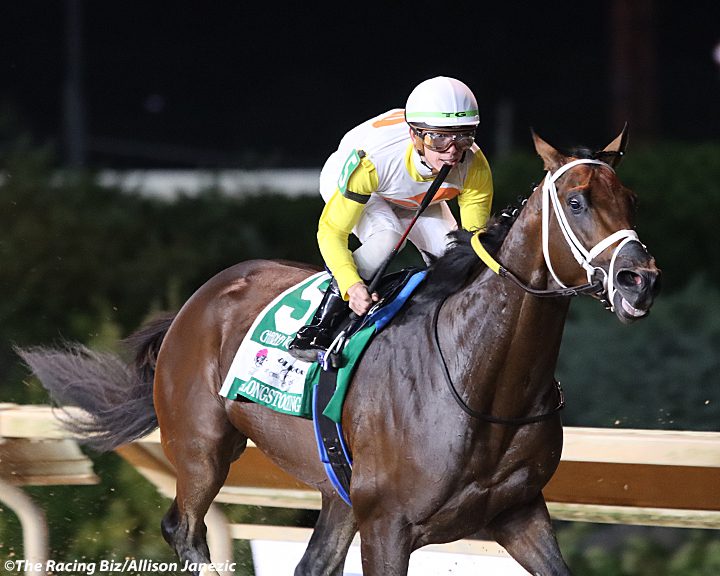Supreme Court sends HISA cases back to lower courts
The U.S. Supreme Court has ordered lower courts to revisit legal challenges to the Horseracing Integrity and Safety Act (HISA), issuing a grant, vacate, and remand (GVR) ruling that returns the cases to the Fifth, Sixth, and Eighth Circuit Courts of Appeals.
The high court instructed the appellate courts to reconsider their rulings in light of its recent decision in FCC v. Consumers’ Research, a case involving the constitutional limits of delegating federal authority to private entities.
The Horseracing Integrity and Safety Authority (HISA), which oversees national safety and integrity rules in Thoroughbred racing, welcomed the Supreme Court’s action.
“We are encouraged by the Supreme Court’s orders, which preserve the status quo and leave the Act undisturbed,” HISA said in a statement. “Unless and until the Supreme Court agrees to hear these cases on the merits, HISA will continue to operate without disruption.”
The organization emphasized that the adverse ruling against HISA from the Fifth Circuit, previously put on hold, is now vacated, while federal district court rulings upholding the Act’s constitutionality remain in effect.
Congress created HISA in 2020 to create a national regulatory structure overseeing the sport’s anti-doping and medication control and racetrack safety. The law was passed with the support of racing stakeholders such as the Jockey Club and Breeders’ Cup – but without agreement from the nation’s largest horsemen’s group, the National Horsemen’s Benevolent and Protective Association, which has fought it since.
HISA is a private, self-regulatory organization with regulatory authority over the Thoroughbred racing industry. It creates and manages its own budget but is entirely funded by the racing industry itself.
The Fifth Circuit has twice found HISA unconstitutional, once prompting Congress to tweak the law. More recently it found that the law unconstitutionally delegates governmental authority to a private corporation.
The HBPA, a leading plaintiff challenging the law, offered a sharply different interpretation than did HISA.
“We are confident that the Fifth Circuit, once again, will declare HISA to be unconstitutional,” said HBPA CEO Eric Hamelback. “Our well-founded arguments regarding HISA remain unchanged—it is a deeply flawed, unconstitutionally delegates governmental authority to a private corporation and places unfair burdens on horsemen.”
While HISA pointed to the Supreme Court’s rejection of private nondelegation claims in the Consumers’ Research case as validation of its legal footing, HBPA argued that HISA is “fundamentally different” from the statute in that case.
“Under HISA, the FTC cannot appoint or remove Authority board members; plus the Authority was unlawfully granted sweeping enforcement powers that were not at issue in Consumers’ Research,” said Peter Ecabert, HBPA General Counsel.
Daniel Suhr, lead counsel for HBPA and president of the Center for American Rights, called the GVR order “an opportunity to put more legal points on the scoreboard,” adding that it gives lower courts a new lens through which to assess the limits of federal authority.
Meanwhile, the HBPA continues to advocate for the Racehorse Health and Safety Act (RHSA), proposed federal legislation that would form an interstate compact to regulate racing, aiming to ensure uniform safety standards without what it sees as unconstitutional federal overreach.
As the legal battle returns to the appeals courts, both sides remain firmly entrenched. HISA says it will continue its national programs, which it credits with reducing racing fatalities, while HBPA vows to persist in court and in Congress to dismantle the current regulatory structure.
The case is Nat’l Horsemen’s Benevolent & Protective Ass’n, et al. v. Horseracing Integrity and Safety Auth., Inc., et al.
LATEST NEWS


